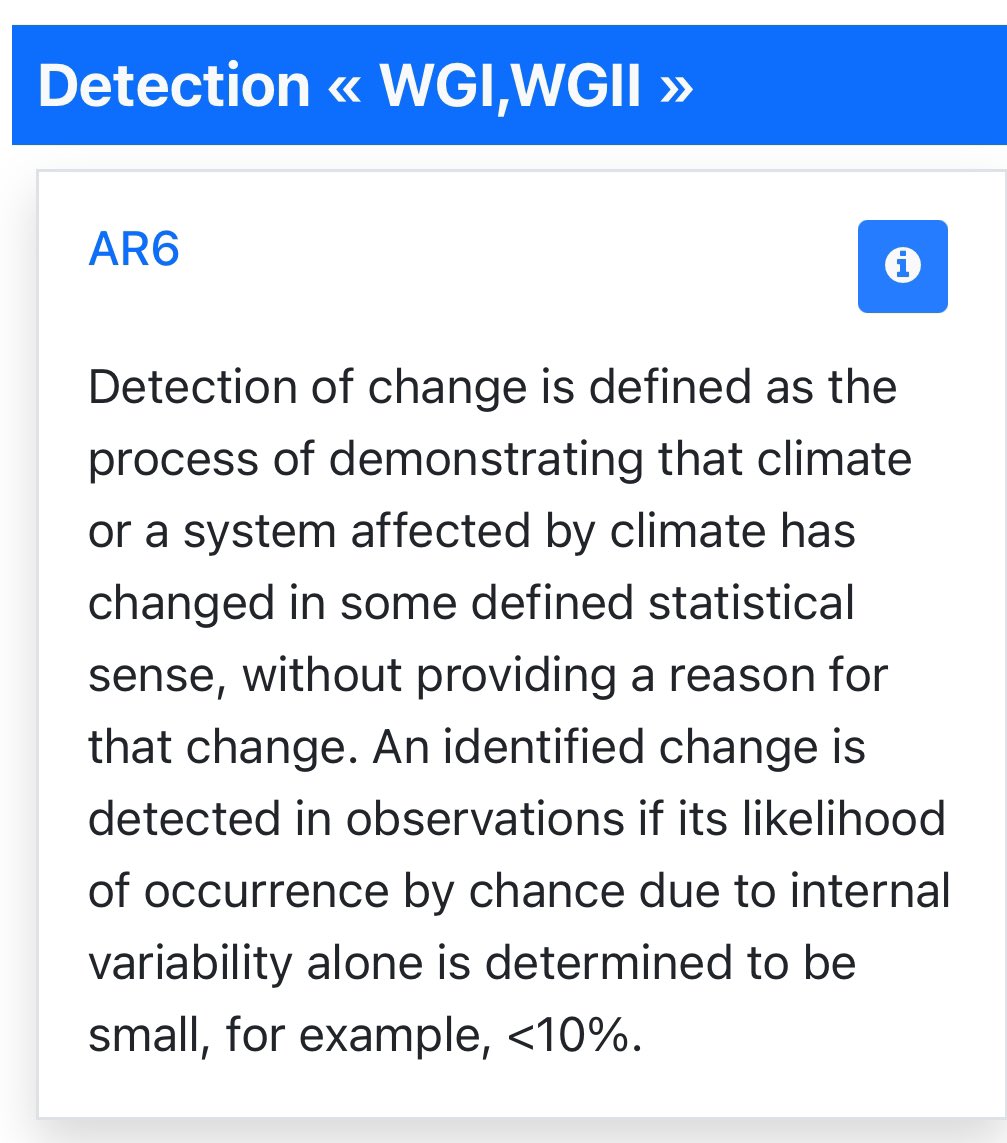There is an interesting investigative journalism project to be done on the revolving door between climate science & policy and private sector climate services
Just as one example, John Kerry's predecessor as "climate envoy" co-founded a consulting firm that feeds off of RCP8.5
Just as one example, John Kerry's predecessor as "climate envoy" co-founded a consulting firm that feeds off of RCP8.5
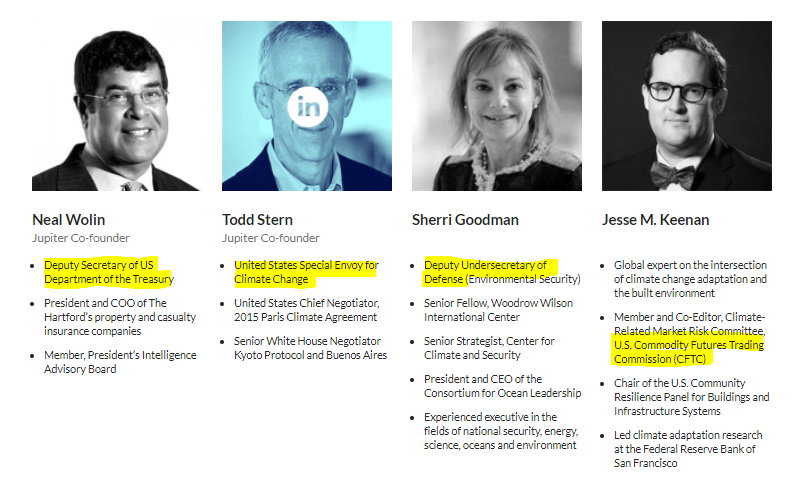
Absolutely fascinating how climate scenarios (RCPs, SSPs & their derivatives) are enabling entirely new markets for consulting based on financial risk assessments of fictional futures
It is also amazing how much money is being paid to explore these outdated, fictional futures
It is also amazing how much money is being paid to explore these outdated, fictional futures
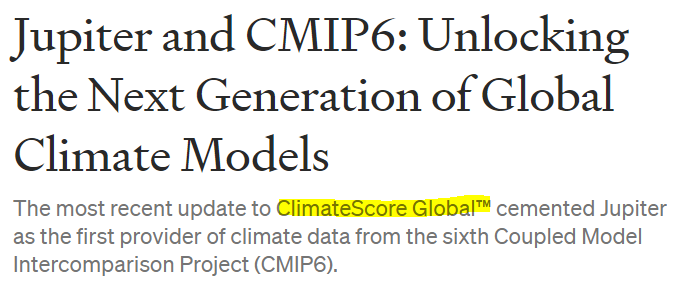
Observing the monetization of climate scenarios I am reminded of this passage from Rayner and Sarewitz 2021 @TheBTI Journal on how the Chesapeake Bay Program confused models and reality
thebreakthrough.org/journal/no-13-…
thebreakthrough.org/journal/no-13-…
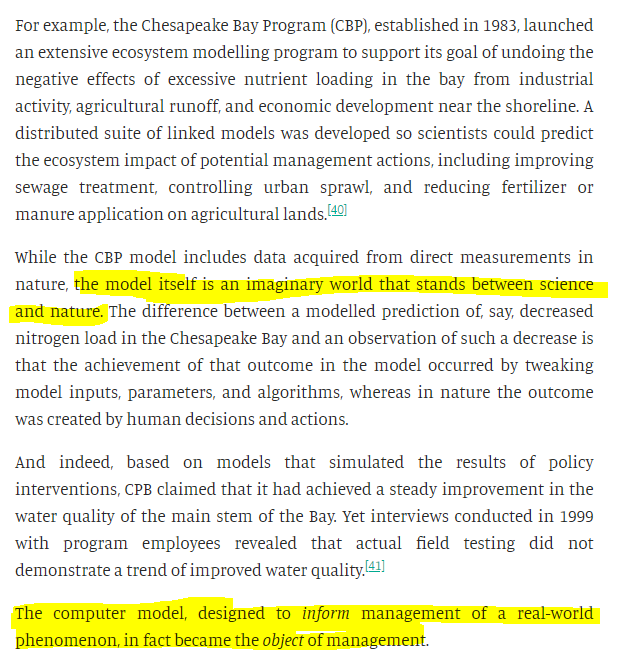
The primary investor in Jupiter Intelligence (climate services based on RCP8.5) is Energize Ventures, a venture capital firm seeking to capitalize on the ongoing energy transformation
Good for them
But you can surely see how a consultancy promoting RCP8.5 is complementary
Good for them
But you can surely see how a consultancy promoting RCP8.5 is complementary
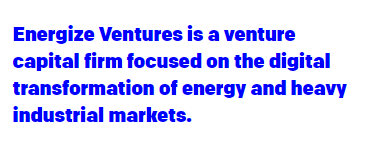
The "anchor partner" of Energize Ventures is Invenergy, a privately held energy company that operates >25 GW of wind, solar and natural gas facilities 


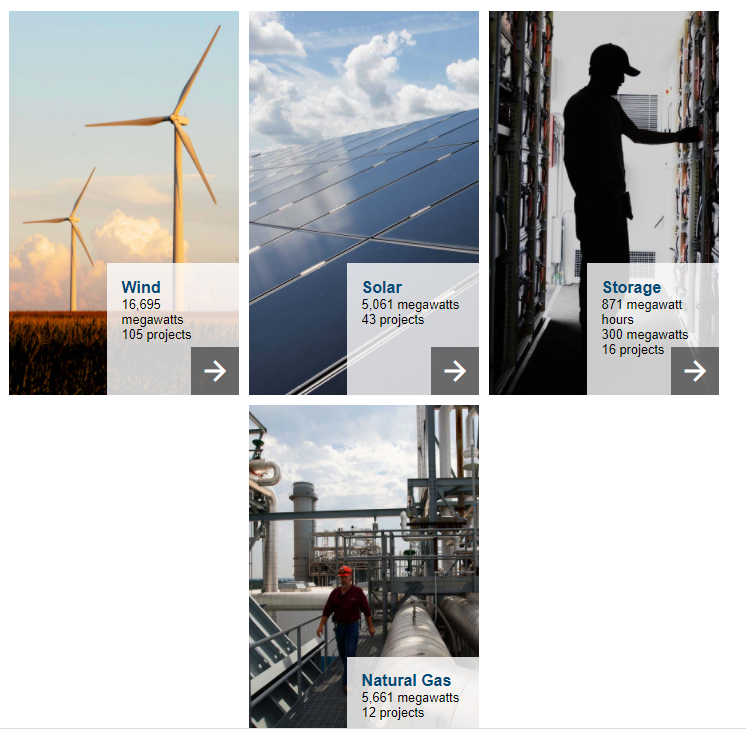
Of course there is a cozy eco-system:
former gov't officials
scientists w/ specialized knowledge
venture capital
energy companies
current federal policy making
Has always been so
But it is interesting how these dynamics promote implausible scenarios & keep bad science going
former gov't officials
scientists w/ specialized knowledge
venture capital
energy companies
current federal policy making
Has always been so
But it is interesting how these dynamics promote implausible scenarios & keep bad science going
There has been a lot of attention paid to the pathological dynamics of the energy-govt-science ecosystem related to fossil fuel interests, I have never seen similar critiques of the role played by non-fossil fuel interests
Low-hanging fruit for anyone wanting to look
/END
Low-hanging fruit for anyone wanting to look
/END
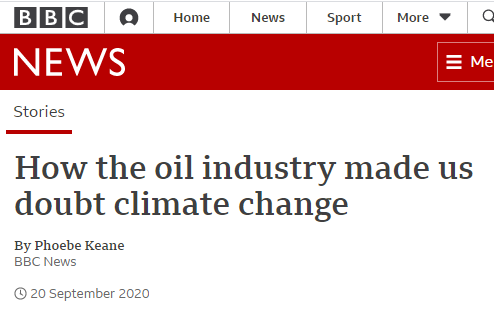
• • •
Missing some Tweet in this thread? You can try to
force a refresh












